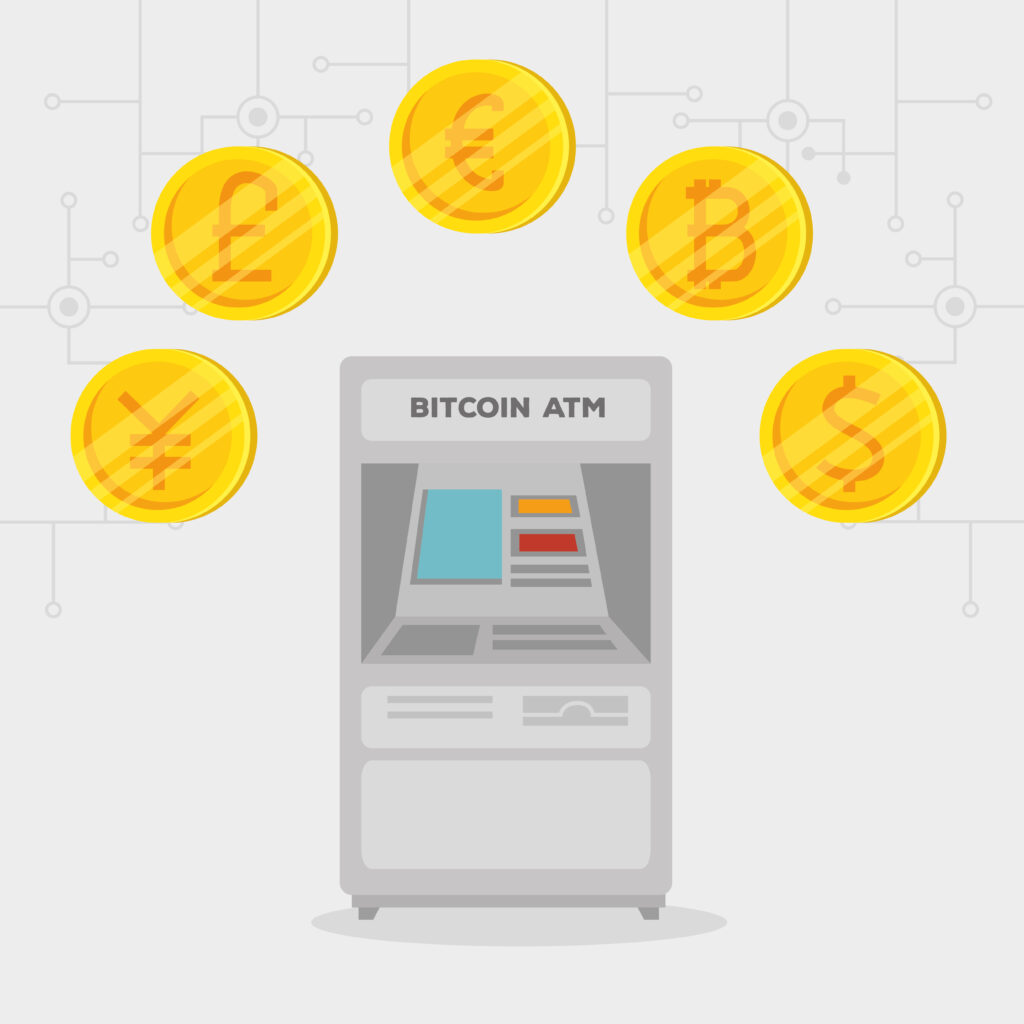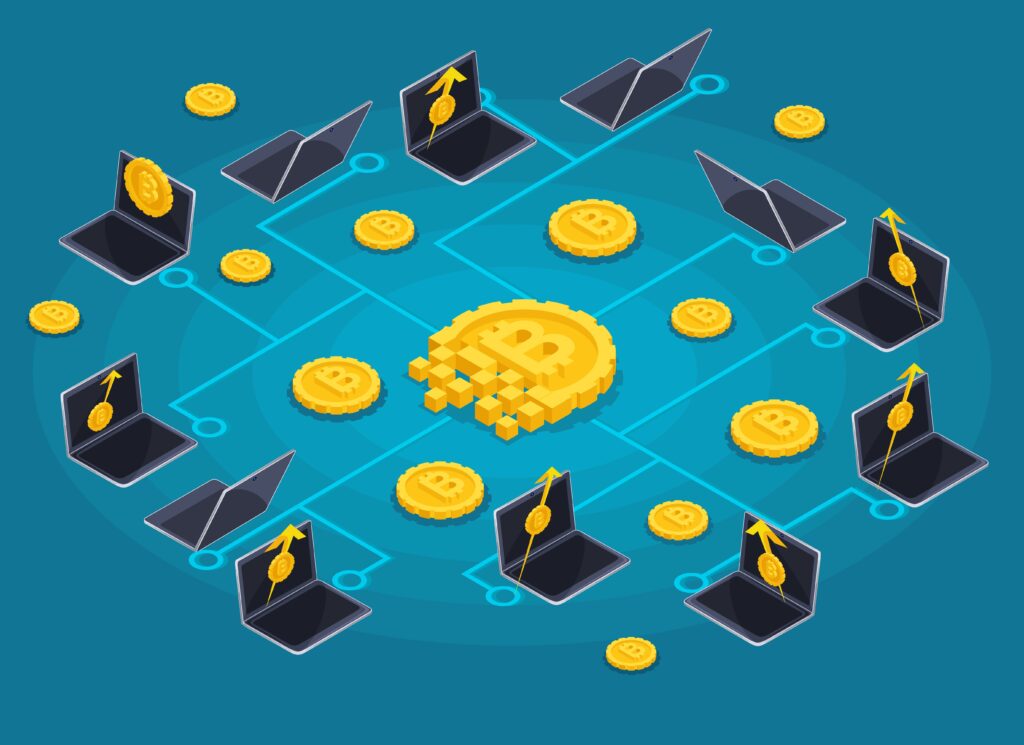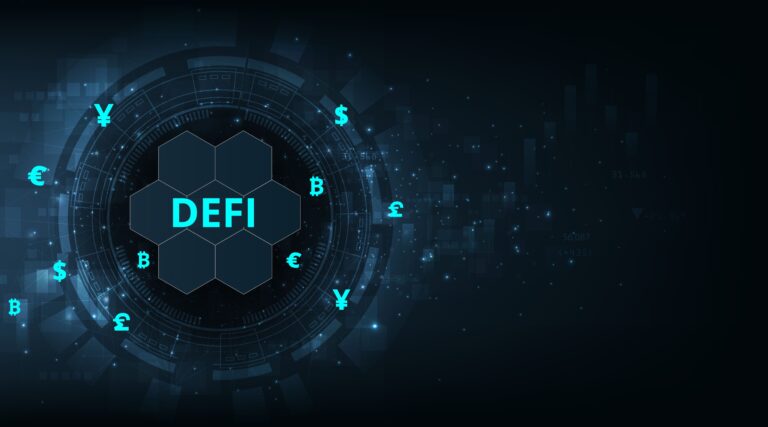DeFi isn’t “new” anymore, but it’s still evolving fast. In 2026, the biggest shift is practical: cheaper execution on L2s, deeper stablecoin liquidity, and more mature wallet UX are making DeFi feel less like a niche for power users and more like a real alternative layer for financial apps.
If you’re new to the basics (smart contracts, DEXs, lending, liquidity), start here: What is DeFi?
In this article, we focus on what’s different in 2026, what risks still matter, and what product teams should build to make DeFi usable and safe at scale.
Decentralized Finance: A Growing Trend

The financial system has improved step by step from early automation to internet banking and modern fintech apps. But much of the underlying infrastructure is still slow, fragmented, and expensive to run, especially for cross-border transfers and market settlement. That gap between “great UI” and “old rails” is one of the reasons alternative financial models keep gaining traction.
The Fintech Wave and Its Limitations
The fintech wave, driven by companies like PayPal, Robinhood, Wise, and Revolut, made financial services more accessible and user-friendly. Yet core processes still involve multiple intermediaries, slow settlement cycles, and high operational costs, especially in cross-border payments and legacy market infrastructure. For many users worldwide, limited access to reliable banking services remains a real issue.
The Limits of Traditional Financial Infrastructure
Traditional finance is built on siloed systems and proprietary integrations. Even when the user experience looks instant, behind-the-scenes settlement and reconciliation can still take time. This creates friction, higher fees, and limited transparency and it’s exactly the kind of problem that new programmable financial rails try to address.
Decentralized Finance (DeFi) Emergence
In response to the shortcomings of traditional finance, decentralized finance (DeFi) has emerged as a compelling alternative. DeFi uses cryptography, decentralization, and blockchain-based smart contracts to enable financial services such as payments, lending, borrowing, and trading without relying on the same centralized intermediaries. Transactions can often settle within minutes (depending on the network), and services can be accessed globally with far fewer geographic constraints.
New to DeFi? See our complete guide: What is DeFi?

At its core, blockchain is a distributed ledger: transactions are recorded and verified by a network rather than a single authority. In DeFi, smart contracts automate key actions — swaps, lending, borrowing, and more, based on transparent rules encoded in software.

The shift towards decentralized finance, or DeFi, offers numerous advantages over traditional centralized systems. These advantages are primarily attributed to the inclusive, permissionless, censorship-resistant, and open nature of DeFi protocols.
In summary, the inclusive, permissionless, censorship-resistant, and open nature of DeFi protocols enables individuals to access financial services without the barriers imposed by traditional centralized systems.
Additionally, DeFi offers enhanced security and privacy. Traditional financial systems are vulnerable to hacking and data breaches, as they rely on centralized databases that store sensitive information. In contrast, DeFi platforms utilize cryptography to secure transactions and protect user data. This decentralized approach minimizes the risk of single points of failure and significantly enhances the overall security of the financial ecosystem.
Moreover, DeFi enables greater efficiency and transparency. Traditional financial transactions often involve multiple intermediaries, resulting in delays, high fees, and a lack of transparency. In contrast, DeFi transactions are executed directly between participants on the blockchain, reducing the need for intermediaries and streamlining the process. Additionally, all transactions on the blockchain are transparent and can be audited by anyone, ensuring accountability and trust within the system.

The DeFi ecosystem has experienced rapid growth in recent years, with numerous platforms and protocols emerging to cater to different financial needs. Some of the most popular DeFi platforms include:
These platforms, among many others, are reshaping how people access trading, lending, and on-chain liquidity by using open, programmable infrastructure.
DeFi keeps improving, but the main risks in 2026 are still very real and many of them show up at the product layer, not inside protocol docs. Most losses happen due to a mix of smart contract bugs, unsafe approvals, phishing, and user mistakes during cross-chain transfers.
Smart contract risk remains a core concern. Since smart contracts are code, bugs and edge cases can be exploited. Audits help, but they don’t eliminate risk which is why clear warnings and safer defaults in the UI matter just as much as code quality.
Cross-chain and MEV risks are also a common source of user frustration and losses. Bridges introduce additional moving parts (and more places where something can go wrong), while MEV can hurt outcomes in swaps during volatile conditions. Product teams can reduce harm with better routing, clear slippage controls, status tracking for bridge transfers, and transaction previews that show what will happen before the user signs.
If you’re building a wallet product, these safeguards can be designed in from day one, explore secure DeFi wallet development.
Decentralized finance (DeFi) has experienced a remarkable surge in growth, as evidenced by key metrics that underscore its increasing prominence in the financial landscape. One such metric is the total value locked in DeFi, which signifies the value of tokens secured in various DeFi protocols, including lending platforms, decentralized exchanges, and derivatives protocols. DeFi growth is no longer measured only by hype; it’s measured by utility.
As of January 2026, DeFi’s total value locked is around $127B, and 24h DEX volume is around $10B, with stablecoins remaining a core liquidity layer.
What matters for builders: users expect fast confirmations, predictable fees, and clear safety cues — which increasingly pushes complexity into wallets (routing, bridging checks, simulations, and safer defaults).
 Building a DeFi product?We help teams ship secure DeFi wallets with swaps, bridging, lending, and safety features like transaction simulation and MEV-aware executionExplore DeFi wallet development
Building a DeFi product?We help teams ship secure DeFi wallets with swaps, bridging, lending, and safety features like transaction simulation and MEV-aware executionExplore DeFi wallet development
Opportunities for Investors

For investors seeking to capitalize on the burgeoning DeFi sector, several avenues beckon exploration. One such option is direct investment in cryptocurrencies that power DeFi platforms, such as Ethereum (ETH) or Binance Coin (BNB).
These cryptocurrencies play a pivotal role as the driving force behind DeFi transactions and are poised to appreciate in value as the adoption of DeFi continues to expand. Embracing these opportunities can potentially yield substantial returns amidst the flourishing domain of decentralized finance.
Another option is to invest in DeFi projects and protocols. However, it is crucial to conduct thorough due diligence before investing, as the DeFi space is still evolving, and not all projects may be viable in the long term. Evaluating factors such as the team’s expertise, the project’s roadmap, and community engagement can help mitigate investment risks.
Additionally, diversification is key when investing in DeFi. Given the volatility of the cryptocurrency market and the nascent nature of DeFi, it is advisable to spread investments across different projects and tokens to minimize potential losses.
In the EU, 2026 is a “compliance becomes real” year. Under MiCA, Member States can apply transitional measures (Article 143) that allow some existing providers to continue operating under national regimes until 1 July 2026 or until they are authorised/refused, but deadlines can vary by country, and some jurisdictions may shorten the transition.
For product teams, this doesn’t “kill DeFi”; it changes expectations around consumer protection, disclosures, and operational readiness. The practical takeaway: build with risk transparency, safer UX, and clear user warnings — especially for swaps, approvals, and cross-chain flows.
In practice, most users experience DeFi through a wallet, not through protocol UIs. In 2026, a DeFi wallet isn’t just storage. It’s where you reduce user errors, explain risk, and make complex actions feel predictable.
If you’re building a wallet product with these DeFi-native capabilities, see our DeFi wallet development services.
DeFi is steadily reshaping how financial products can be built: more open access, programmable rules, and faster experimentation — alongside real risks that still require careful engineering and clear user communication.
For product teams, the practical question in 2026 is no longer “Is DeFi real?” — it’s “Can we make it safe and usable for everyday users?” That’s where wallet UX, transaction previews, bridging checks, and risk transparency become essential building blocks.